Dinking at the lower levels of pickleball is dead.
It doesn't happen. Like ever.
Yet, every day, I see players warming up by hitting dinks and coaches using up an entire hour of clinics forcing students to learn the difference between a push and a roll dink.
It's a waste of time for everyone involved.
The lower the level, the fewer the dinks
I have no stats to back this up, but I'm going to say it anyway – the lower your skill level, the fewer dinks you'll hit each game.
Players drive the ball incessantly because it's easier and it's what they're used to seeing in other racquet/paddle sports. Once the players at your level learn about speedups, then it becomes all about speeding the ball up – even when they shouldn't.
If everyone is hitting hard stuff, why do coaches and players focus so much on the soft game?
The argument I've heard the most is that as you progress, dinking becomes more important – which is true, to a point.
Even at the pro level, long dink rallies are happening less and less thanks to new paddle technologies and just an overall more aggressive style of gameplay.
Dinking until you can't dink anymore has become outdated. It's an old-school mentality, and I think it does nothing to benefit a player's or the game's growth.
Instead, I'd like to propose some other things players should learn to do early on in their pickleball playing existence.
What players should learn instead
In my opinion, there are four skills more important than dinks to teach early on:
- How to hit better drives
- How to serve and return better
- How to defend drives
- How to recognize out balls
Let's look a bit at each one.
Learn to hit better drives
Grip it and rip it. That's what every beginning pickleball player thinks makes a good drive. It's hard. It's fast. And it gets over the net.
However, this couldn't be further from the truth. Yes, having a good, hard drive is important, but it's actually better (for most people) to hit their drives at 75-80 percent of their power and to focus on placement rather than hitting it as hard as they can.
So many drives from our banger friends would go out of bounds if we just let them and it's because they don't know how to drive the ball properly.
Learn how to hit a great drive from pro pickleball player and coach, John Cincola:
Learn to serve and return better
The serve in pickleball is another hotly debated topic. Some believe that getting it in play 100 percent of the time is the only thing you should focus on. Others have realized that the serve can be a weapon and that developing a great one can set the tone of an entire match.
Returns have also gone through quite the change over the last two years. Not long ago everyone was teaching the slice return. Now, that's considered a big no-no.
Regardless of how you feel about the slice, the main emphasis on your return should be to return it deep to give you and your partner plenty of time to get into good defensive position for the next ball.
The Return of Serve in Pickleball: Tips and Drills
The returning team has the advantage at the beginning of every point. Here’s how to master the return of serve with tips and drills.
 The Dink PickleballJason Flamm
The Dink PickleballJason Flamm

Learning how to hit effective serves and returns can completely alter your game and instantly make you a formidable pickleball player.
Learn to defend drives
I keep saying it, but it's because it's true; here is another area of the game that has transformed, but continues to be taught incorrectly.
Blocking drives from your opponent is no longer the best way to play pickleball.
If you hire a coach and they aren't teaching you how to counter and punish drives, then get a new coach. The block is not a weapon, it's concession.
Don't believe me, hear it from pro Zane Navratil:
Learn to recognize out balls
Perhaps the best skill you can develop is not a shot at all, but how to recognize out balls and let them go out. Almost everyone is bad at this. But, you don't have to be.
Fortunately, there are ways to read the ball and your opponent's body language to develop a better sense of when a ball is likely going to be hit out or stay inside the court.
Tanner Pickleball has a video dedicated to help you hone this very skill:
Learning to let out balls go out can earn you so many more points in a pickleball match (especially at lower levels) than dinking ever will. And what's even better is that you can learn this skill very quickly, and it will benefit you throughout your entire pickleball journey.
There you have it. My two cents on the waste of time that is learning how to dink at the lower levels.
Should you eventually learn how to dink and dink well? Absolutely, but not until after you've learned everything mentioned above.
Pickleball Skill Quiz
Find out your pickleball rating
 Pickleball Skill Quiz
Pickleball Skill Quiz
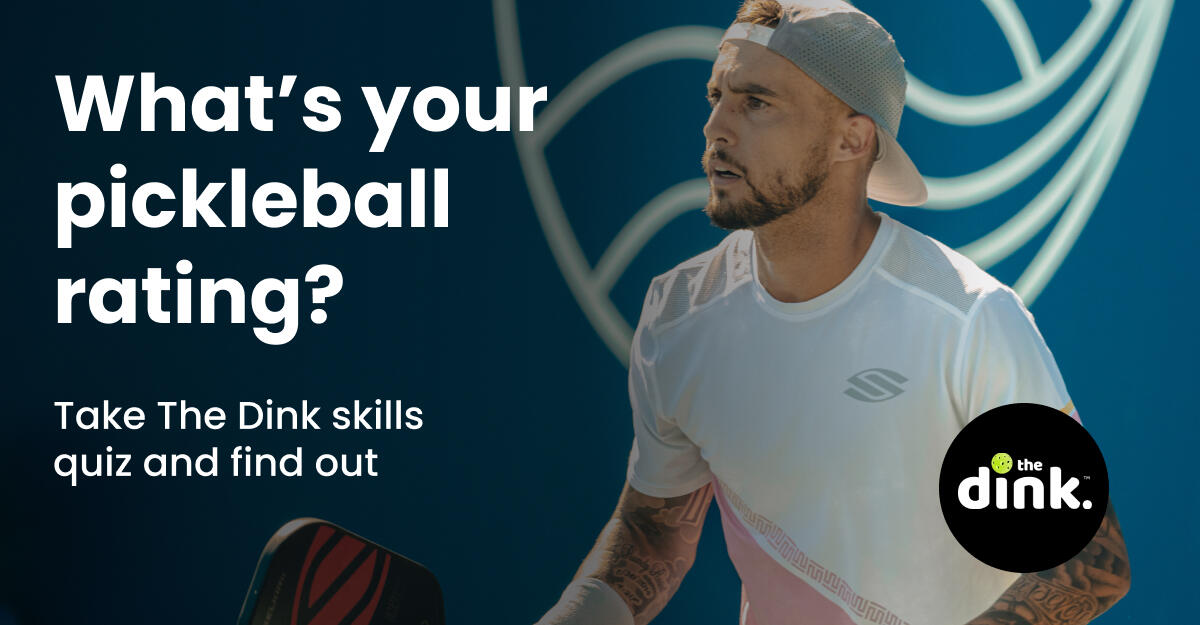
Anuncie Aqui / Advertise Here
Sua marca para o mundo Pickleball! / Your brand for the Pickleball world!

 English
English  Spanish
Spanish  Portuguese
Portuguese  German
German  Italian
Italian  Japanese
Japanese  French
French  Polish
Polish  Russian
Russian  Netherlands
Netherlands  Hungarian
Hungarian  Turkish
Turkish  Videos
Videos 
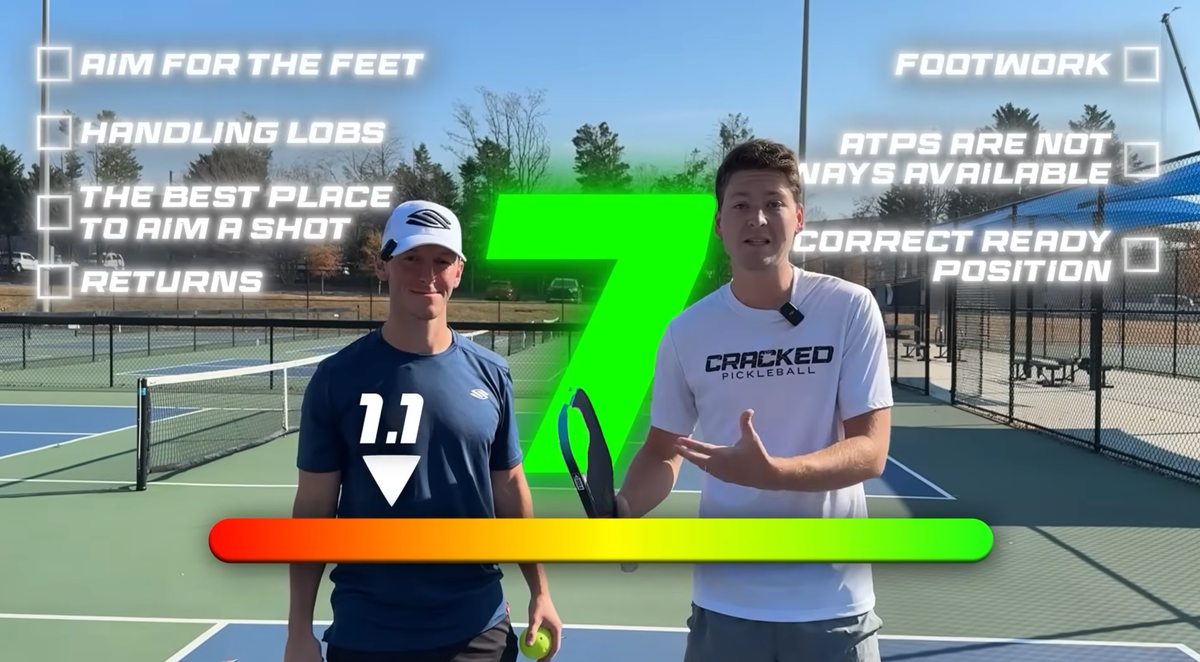
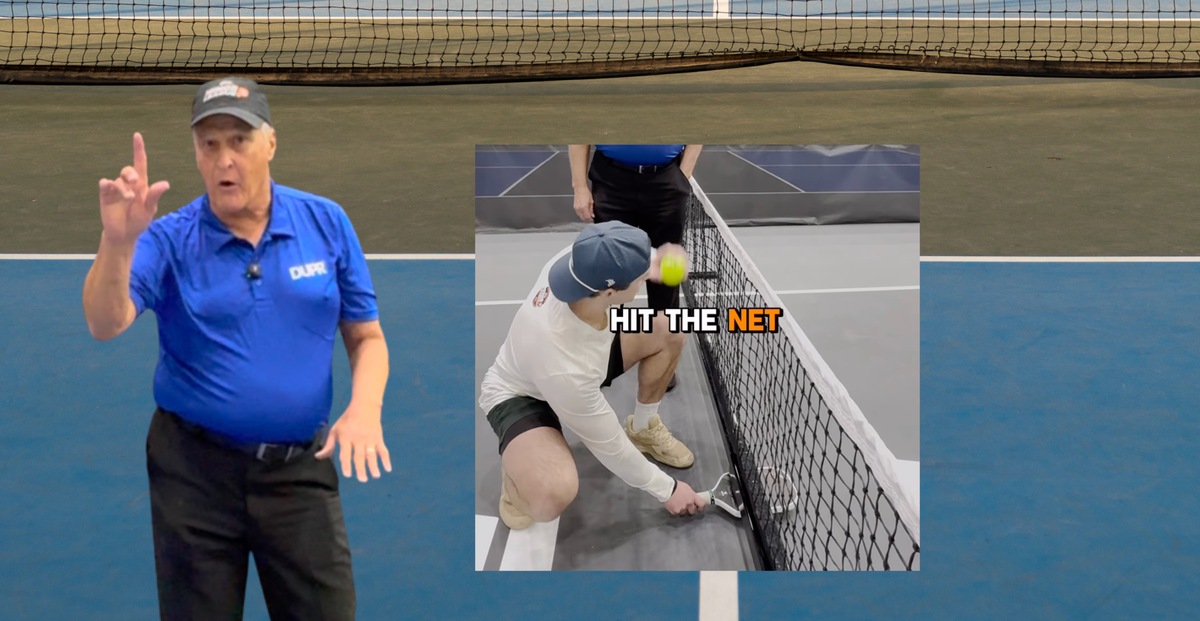
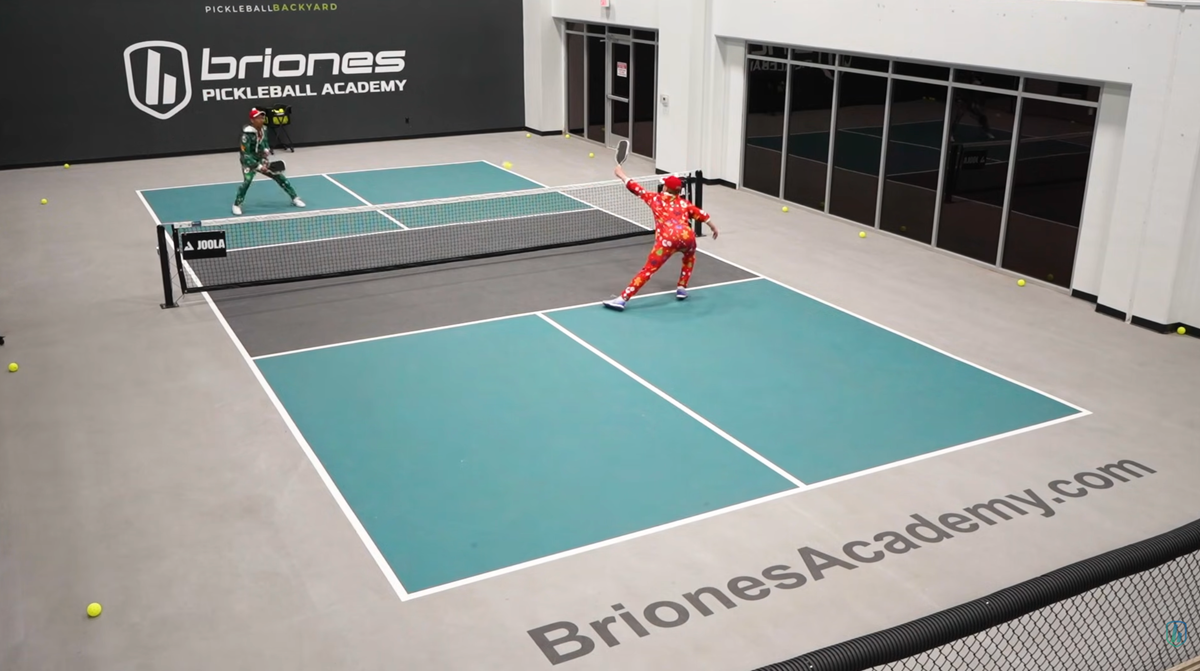
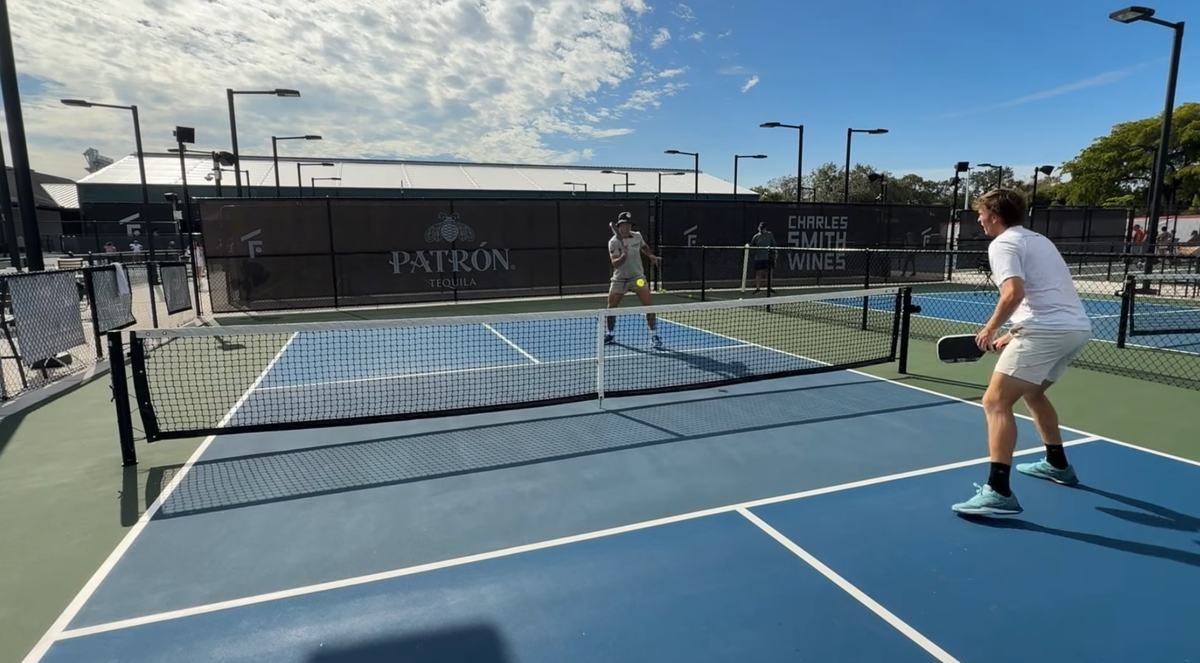
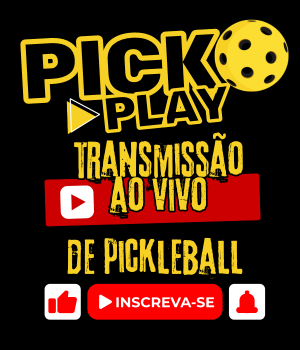


 English (US) ·
English (US) ·  Portuguese (BR) ·
Portuguese (BR) ·